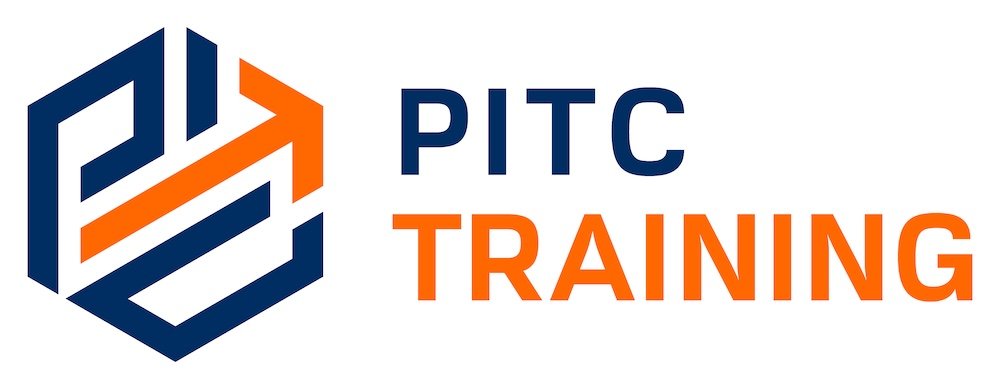Introduction
Digital Forensics Fundamentals provides a comprehensive introduction to the processes, tools, and techniques used to collect, preserve, and analyze digital evidence. As cyber incidents, internal misconduct, and data breaches continue to rise, organizations need personnel equipped with the basic skills to understand digital footprints, support investigations, and handle digital evidence responsibly. This course simplifies digital forensics for professionals from both technical and non-technical backgrounds. It covers key forensic principles, the structure of investigations, evidence acquisition, chain of custody, and common tools used in forensic analysis. Participants will gain a foundational understanding of how digital evidence is handled and used to support internal investigations, legal compliance, and cybersecurity response.
Course Outline
- Module 1
- Module 2
- Module 3
- Module 4
- Module 5
- Course Objectives
- Target Audience
Digital Forensics
- What is digital forensics? Scope and applications.
- Types of digital investigations: cybercrime, fraud, internal misconduct.
- Key terminology and concepts: evidence, artefacts, imaging.
- The digital forensic process: identification to presentation.
- Role of forensics in corporate, legal, and regulatory contexts.
Types and Sources of Digital Evidence
- Categories of digital evidence: emails, files, logs, metadata, and more.
- Evidence from different devices: computers, servers, mobile, cloud.
- Volatile vs. non-volatile data.
- How digital footprints are left and discovered.
- Common challenges in evidence identification and preservation.
Evidence Acquisition and Preservation
- Principles of evidence handling and forensic soundness.
- Creating bit-by-bit disk images and memory dumps.
- Tools for capturing and duplicating digital evidence.
- Chain of custody documentation.
- Ensuring integrity and admissibility in investigations.
Forensic Analysis
- Basics of analyzing hard drives, filesystems, and logs.
- Using open-source tools (e.g., Autopsy, FTK Imager, Volatility).
- Identifying suspicious files, deleted content, and user activity.
- Analyzing browser history, email headers, and login patterns.
- Interpreting initial findings for non-technical reporting.
Reporting, Ethics, and Organizational Response
- Writing forensic reports: structure, clarity, and integrity.
- Legal and ethical considerations in digital investigations.
- Collaborating with legal, HR, and cybersecurity teams.
- Responding to incidents with forensic readiness.
By the end of this course, participants will be able to:
- Explore the role and scope of digital forensics in modern organizations.
- Recognize different types of digital evidence and their relevance in investigations.
- Learn the basic procedures for identifying, collecting, preserving, and analyzing digital evidence.
- Understand the importance of forensic integrity, chain of custody, and legal considerations.
- Gain familiarity with commonly used digital forensic tools and reporting practices.
- Support investigations related to data breaches, employee misconduct, or policy violations.
This course is ideal for:
- IT support and cybersecurity staff
- Internal auditors and compliance officers
- Risk and governance professionals
- Legal and HR involved in investigations
- Corporate security teams
- Regulators and public sector staff new to digital evidence handling
Course Schedule & Fees
- Kuala Lumpur
- Singapore
- Amsterdam
- Online
- Course Fees
This course will take place in Kuala Lumpur on the following dates:
| 05/05/2025 | 19/05/2025 | 02/06/2025 | 16/06/2025 |
| 30/06/2025 | 14/07/2025 | 28/07/2025 | 11/08/2025 |
| 25/08/2025 | 08/09/2025 | 22/09/2025 | 06/10/2025 |
| 27/10/2025 | 10/11/2025 | 24/11/2025 | 08/12/2025 |
| 22/12/2025 | 05/01/2026 | 19/01/2026 | 02/02/2026 |
This course will take place in Singapore on the following dates:
| 26/05/2025 | 16/06/2025 | 07/07/2025 | 28/07/2025 |
| 18/08/2025 | 08/09/2025 | 29/09/2025 | 20/10/2025 |
| 10/11/2025 | 01/12/2025 | 22/12/2025 | 12/01/2026 |
| 02/02/2026 | 23/02/2026 |
This course will take place in Amsterdam on the following dates:
| 12/05/2025 | 02/06/2025 | 23/06/2025 | 14/07/2025 |
| 04/08/2025 | 25/08/2025 | 15/09/2025 | 06/10/2025 |
| 27/10/2025 | 17/11/2025 | 08/12/2025 | 29/12/2025 |
| 19/01/2026 | 19/01/2026 |
This course will take place Online the following dates:
| 13/05/2025 | 10/06/2025 | 08/07/2025 | 05/08/2025 |
| 02/09/2025 | 30/09/2025 | 28/10/2025 | 25/11/2025 |
| 23/12/2025 | 20/01/2026 | 17/02/2026 |
| Kuala Lumpur | Singapore | Amsterdam | Online |
| USD$ 3,580 | USD$ 5,600 | USD$ 5,600 | USD$ 1,920 |


